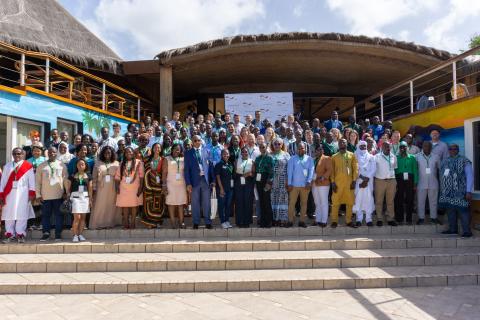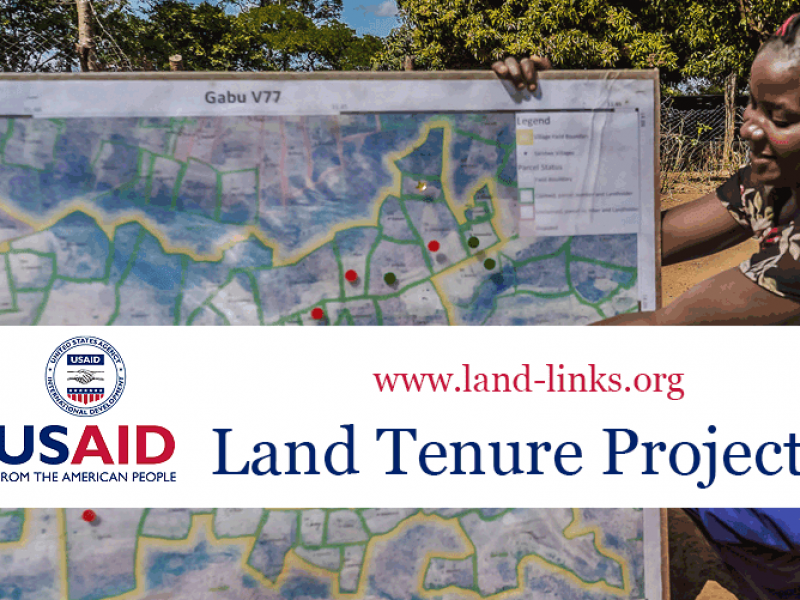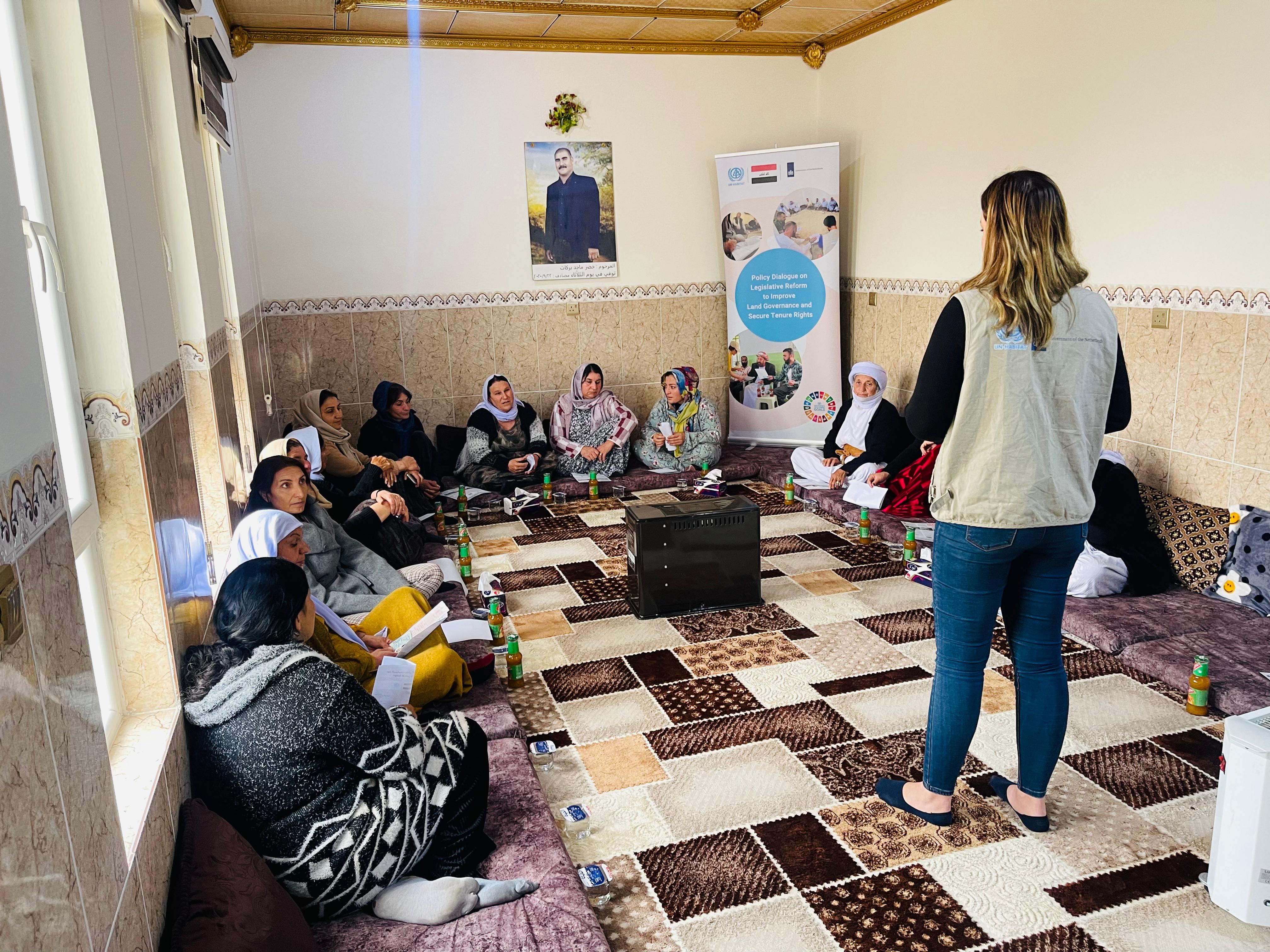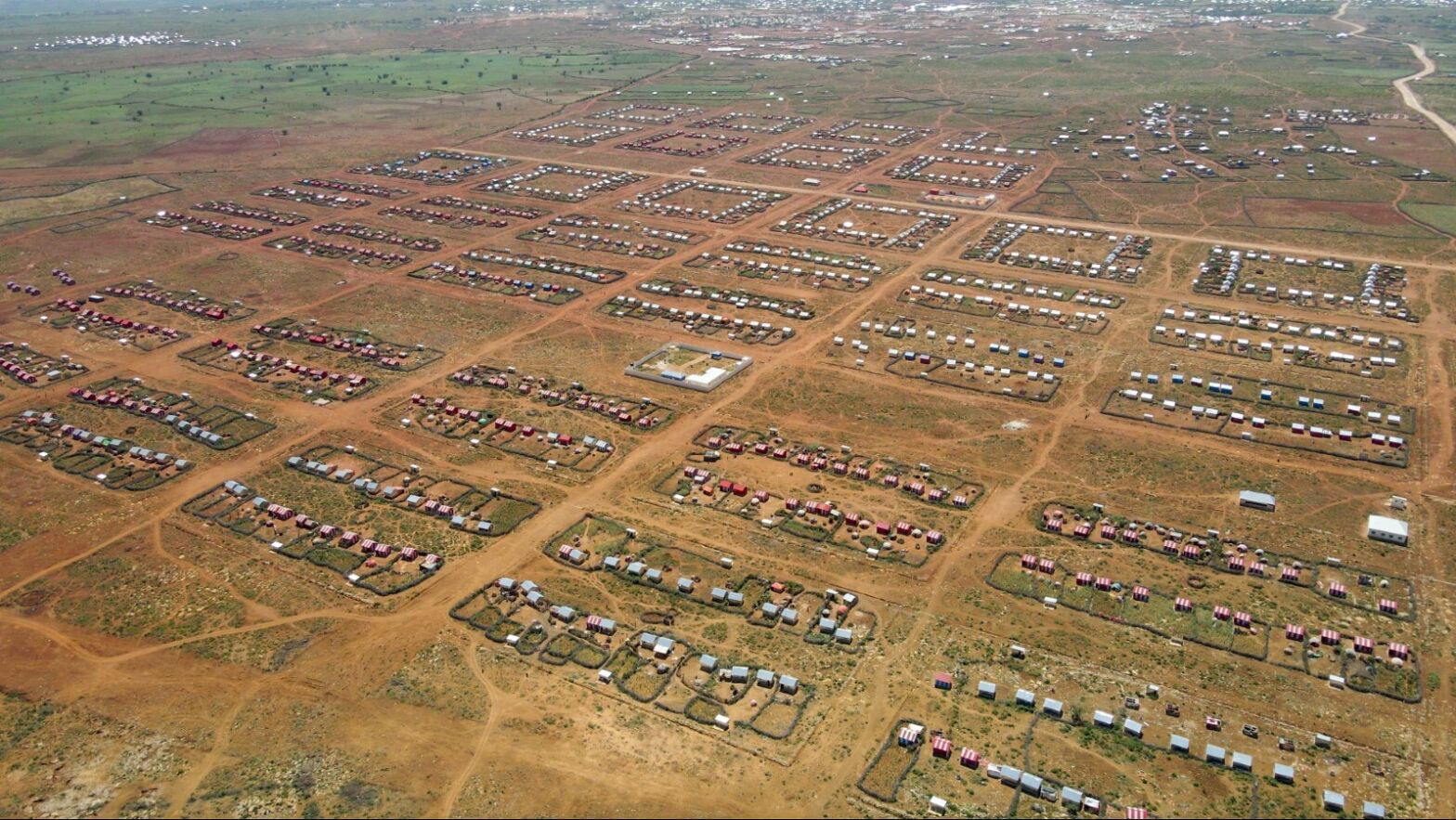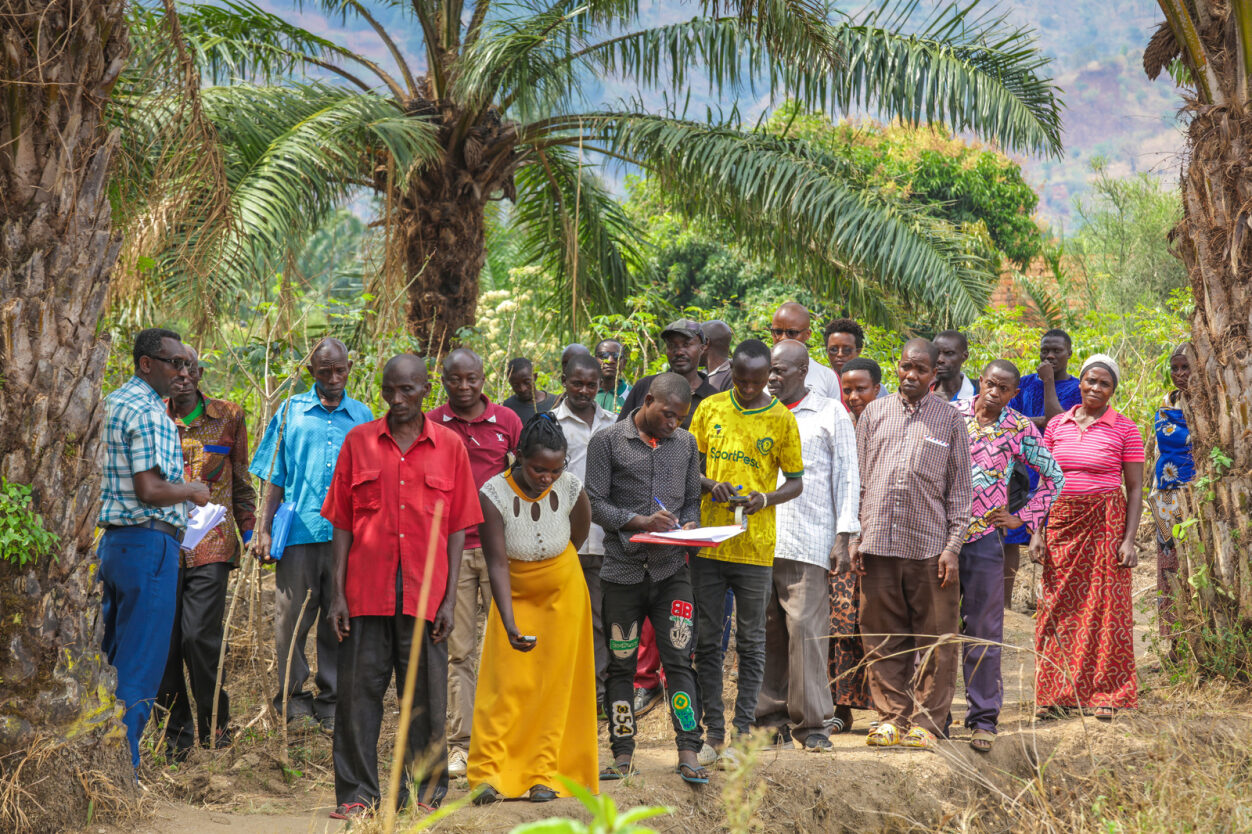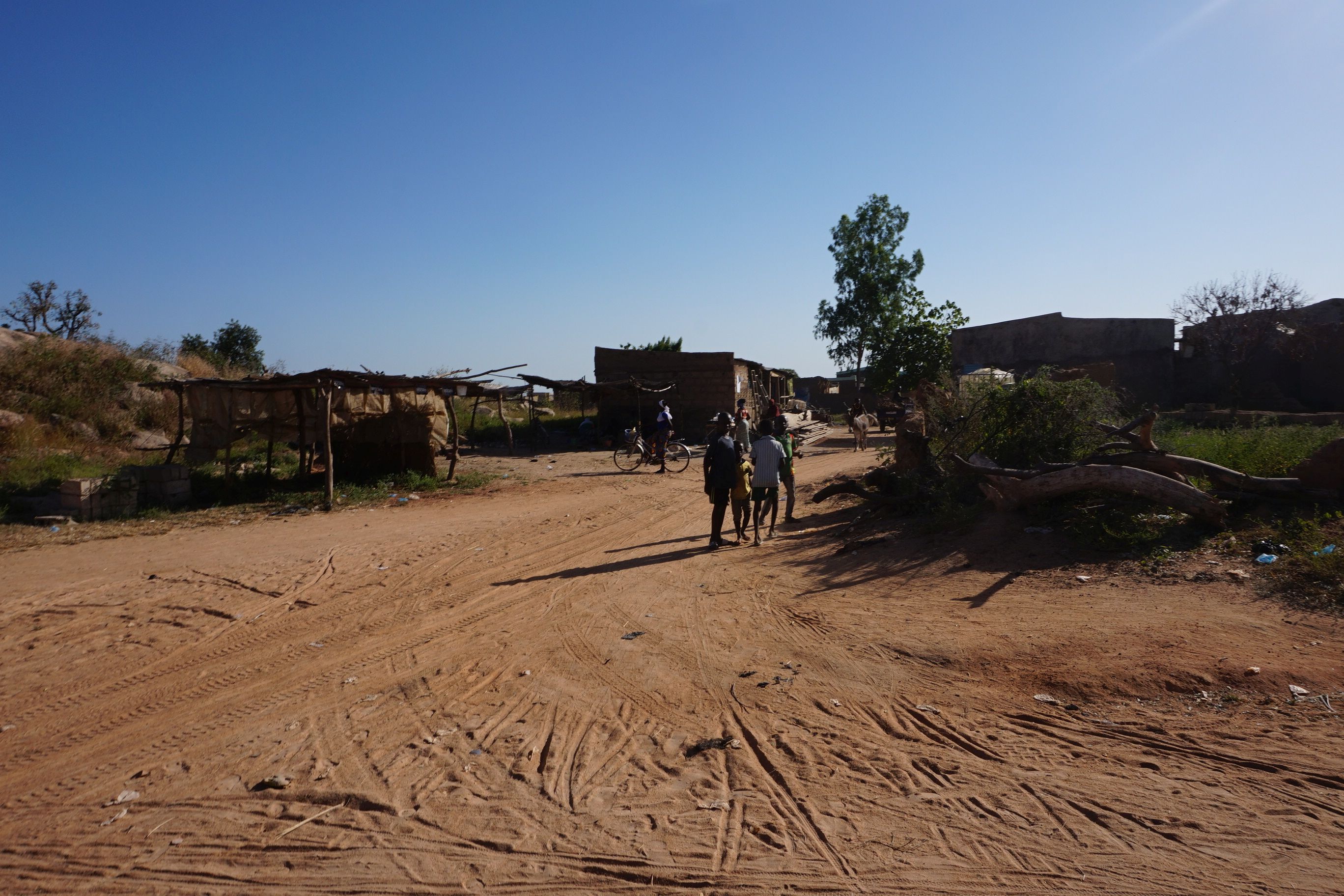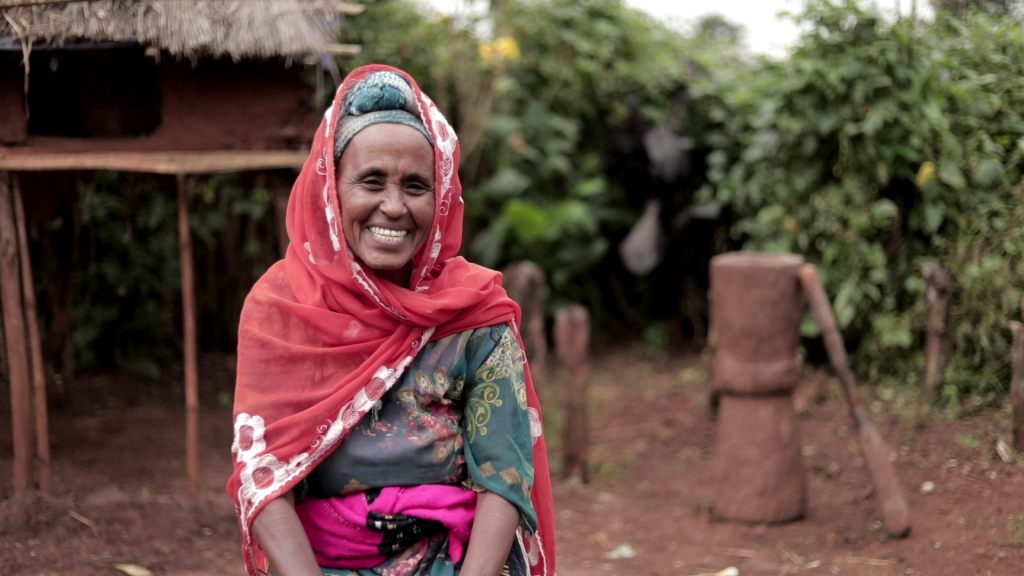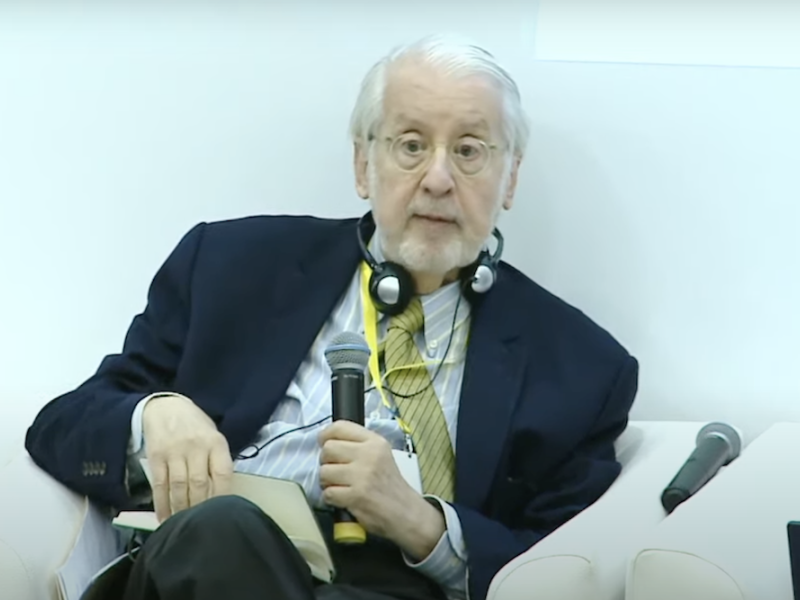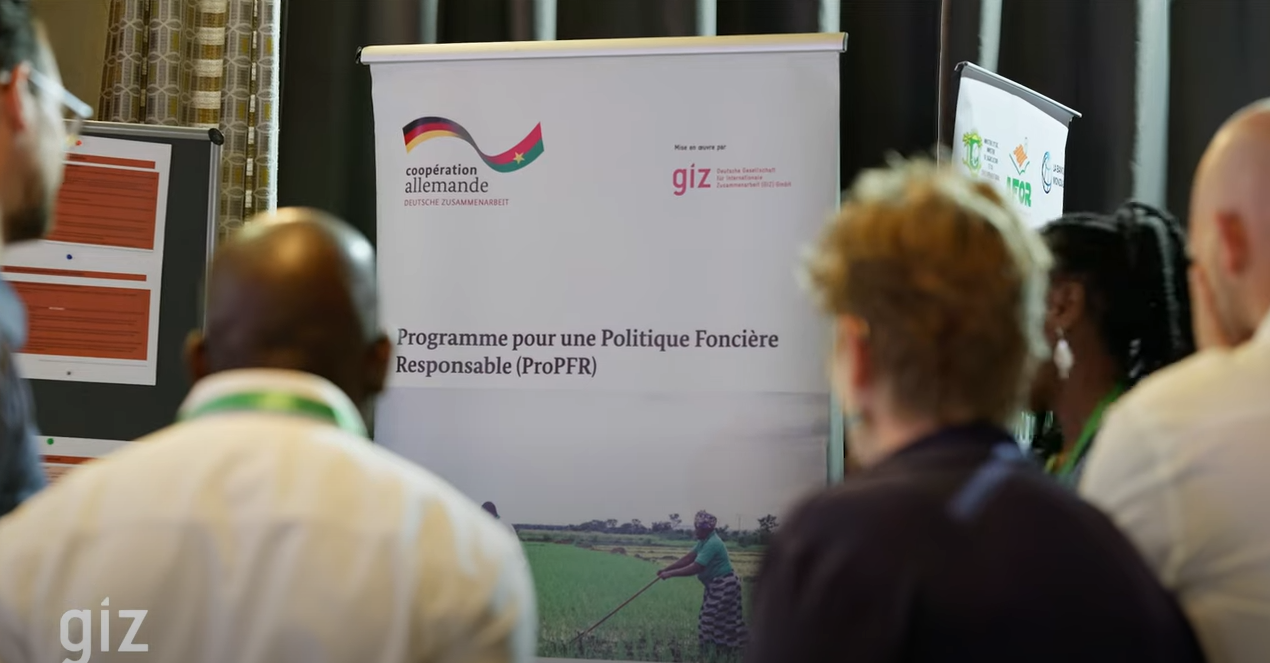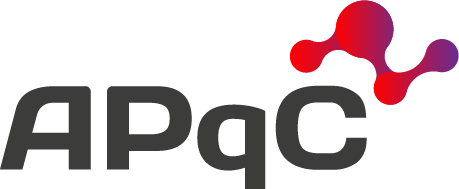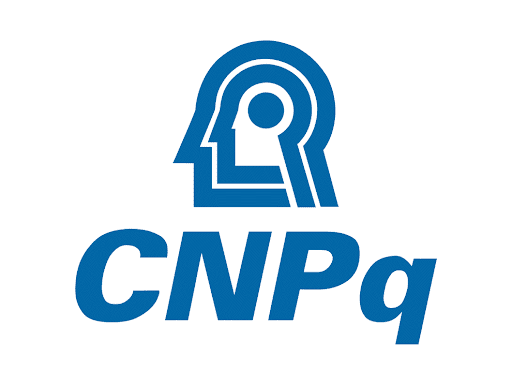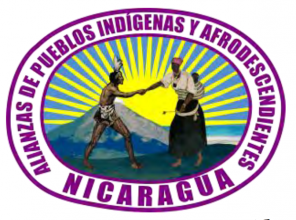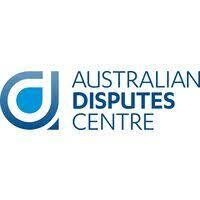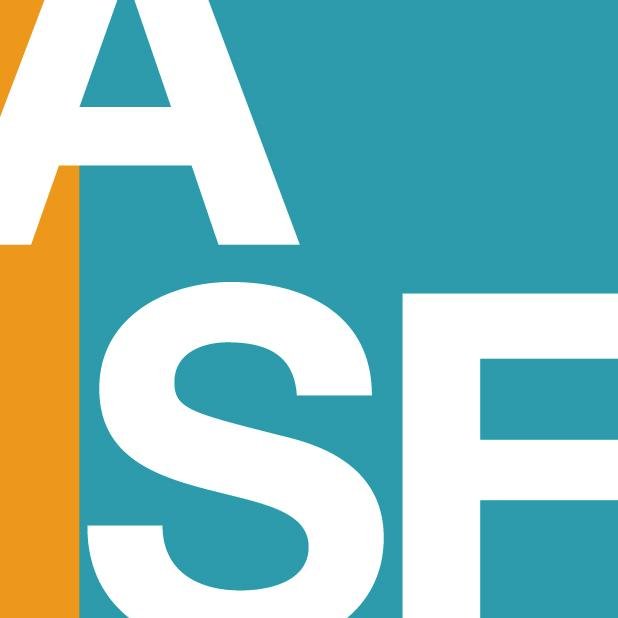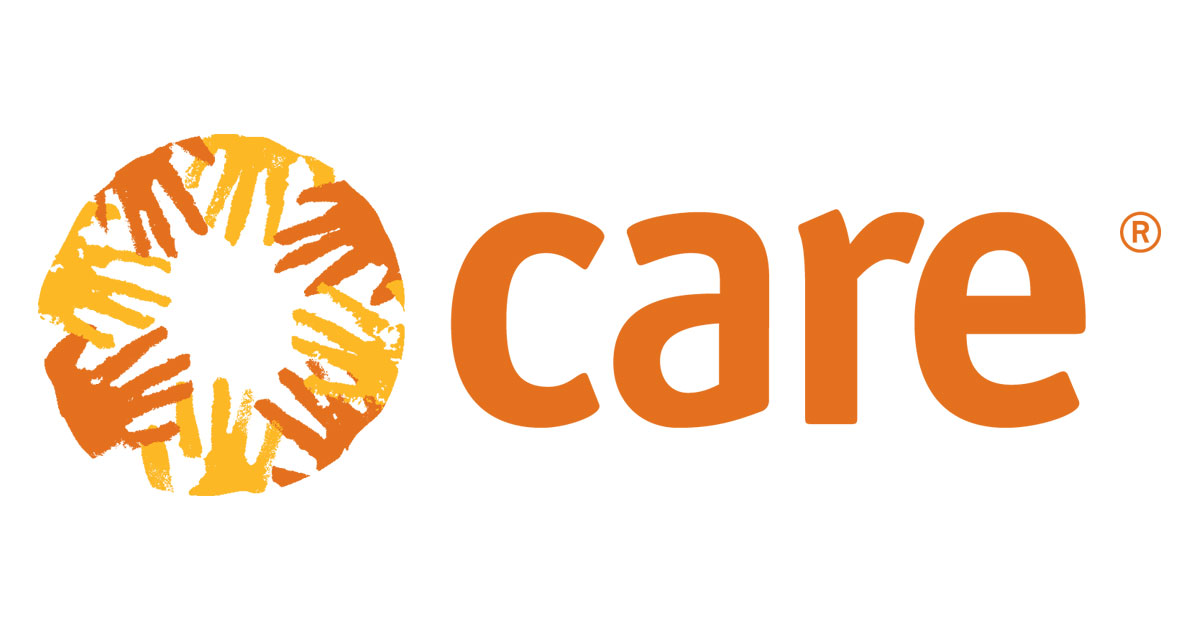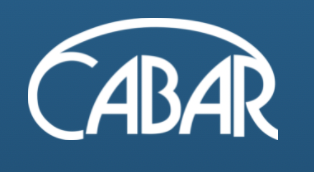¿Y las víctimas del Chocó qué? La larga espera por la restitución de derechos territoriales y la reparación colectiva
Este informe es el resultado de un esfuerzo pionero de la Línea de Justicia Transicional Étnica del Cinep/PPP, que tiene como objetivo fortalecer la capacidad del Estado para atender a las víctimas del despojo en el departamento del Chocó. Se exploran doce años de implementación de la Ley de Víctimas, centrándose en los procesos de restitución de derechos territoriales étnicos y de reparación colectiva.




